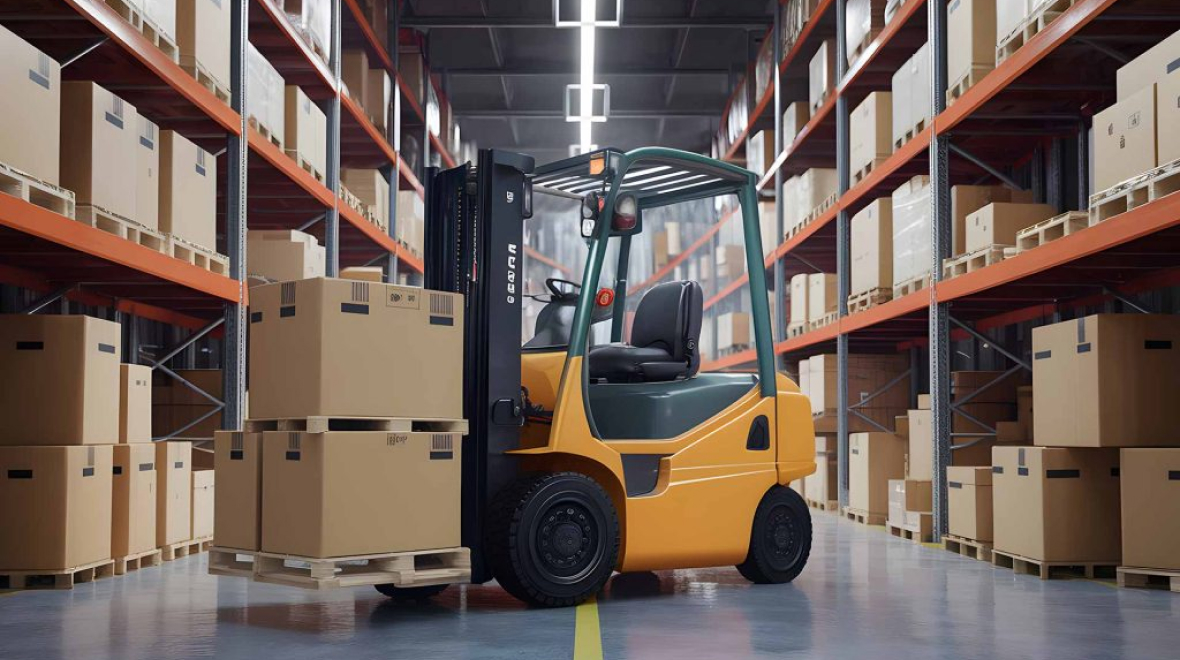Building Construction Project
Warehouse services are a vital component of modern supply chains, offering a range of solutions that enable businesses to manage inventory, streamline distribution, and optimize overall logistics operations. These services encompass the storage, handling, and movement of goods within a warehouse, ensuring that products are safely stored and readily available for timely delivery. With the increasing complexity of global supply chains, warehouse services go beyond simple storage, integrating advanced technologies like warehouse management systems (WMS), automated material handling, and real-time inventory tracking to improve efficiency and accuracy. Services such as order picking, packing, and labeling help businesses fulfill orders quickly and accurately, while value-added services like cross-docking, kitting, and product customization provide additional flexibility for specialized needs. Additionally, warehouse services can include temperature-controlled environments for perishable goods, secure storage for high-value or hazardous items, and robust quality control processes to ensure product integrity. For logistics companies like ReliableLogisticsCo, offering comprehensive warehouse services enhances their ability to manage both short-term storage needs and long-term supply chain strategies. By providing clients with scalable, cost-efficient, and agile warehouse solutions, businesses can optimize their inventory turnover, reduce lead times, and improve customer satisfaction, all while maintaining full visibility and control over their goods.
Project Goals
The Warehouse Services Project is designed to optimize the storage, handling, and distribution of goods, providing flexible and efficient solutions for businesses across industries. The primary goals of this project are focused on enhancing operational efficiency, improving inventory management, and delivering superior service to clients. Key objectives of the project include:
Maximizing Storage Efficiency:
To optimize warehouse space utilization by implementing advanced storage systems, such as high-density racking, automated shelving, and vertical storage solutions, enabling businesses to store more goods in a smaller space while maintaining accessibility.Enhancing Inventory Accuracy and Control:
To improve inventory management by using real-time tracking systems and Warehouse Management Systems (WMS), ensuring accurate stock levels, reducing inventory discrepancies, and enhancing order fulfillment precision.Streamlining Order Fulfillment:
To reduce order processing times through faster picking, packing, and shipping methods. This includes adopting automation tools and systems to enhance productivity, improve accuracy, and meet tight delivery deadlines.Improving Flexibility and Scalability:
To provide clients with adaptable warehouse solutions that can grow with their business. Whether managing seasonal fluctuations or sudden increases in demand, this project aims to deliver flexible space and service options that adjust to changing business needs.Reducing Operational Costs:
To optimize logistics and warehouse operations by minimizing labor costs, reducing inventory holding costs, and improving the efficiency of handling processes. Cost-saving technologies, such as automated material handling and robotics, will be used to increase productivity while reducing human error.Ensuring Product Safety and Security:
To maintain secure and safe environments for all types of inventory, including hazardous, high-value, or perishable goods. Implementing enhanced security measures, safety protocols, and compliance with industry standards will be key to ensuring the protection of stored products.Supporting Real-Time Tracking and Visibility:
To offer clients real-time visibility into their inventory, allowing for better decision-making, proactive issue resolution, and complete transparency throughout the supply chain.Enhancing Customer Service and Satisfaction:
To provide clients with reliable, on-time delivery of goods through well-managed warehousing operations. By improving service speed, accuracy, and flexibility, the project aims to elevate customer satisfaction and build long-term business relationships.Promoting Sustainability:
To reduce the environmental impact of warehouse operations by optimizing energy use, improving waste management, and exploring eco-friendly technologies. This includes initiatives to reduce carbon footprints and improve the sustainability of supply chain operations.
By achieving these goals, the Warehouse Services Project will help businesses streamline their supply chain operations, improve their overall efficiency, and ensure cost-effective and reliable service. This project aims to position ReliableLogisticsCo as a leading provider of innovative, high-quality warehouse solutions that meet the evolving needs of the modern logistics industry.
-
Various analysis options.
-
Advance Data analysis operation.
-
Page Load (time, size, number of requests).
-
Advance Data analysis operation.
Project Info
-
Client:
jhon son smith
-
Category:
Airplane
-
Start Date:
22 january, 2024
-
End Date:
14 October, 2027



These services encompass the storage, handling, and movement of goods within a warehouse, ensuring that products are safely stored and readily available for timely delivery. With the increasing complexity of global supply chains, warehouse services go beyond simple storage, integrating advanced technologies like warehouse management systems (WMS), automated material handling, and real-time inventory tracking to improve efficiency and accuracy. Services such as order picking, packing, and labeling help businesses fulfill orders quickly and accurately, while value-added services like cross-docking, kitting, and product customization provide additional flexibility for specialized needs. Additionally, warehouse services can include temperature-controlled environments for perishable goods, secure storage for high-value or hazardous items, and robust quality control processes to ensure product integrity.

